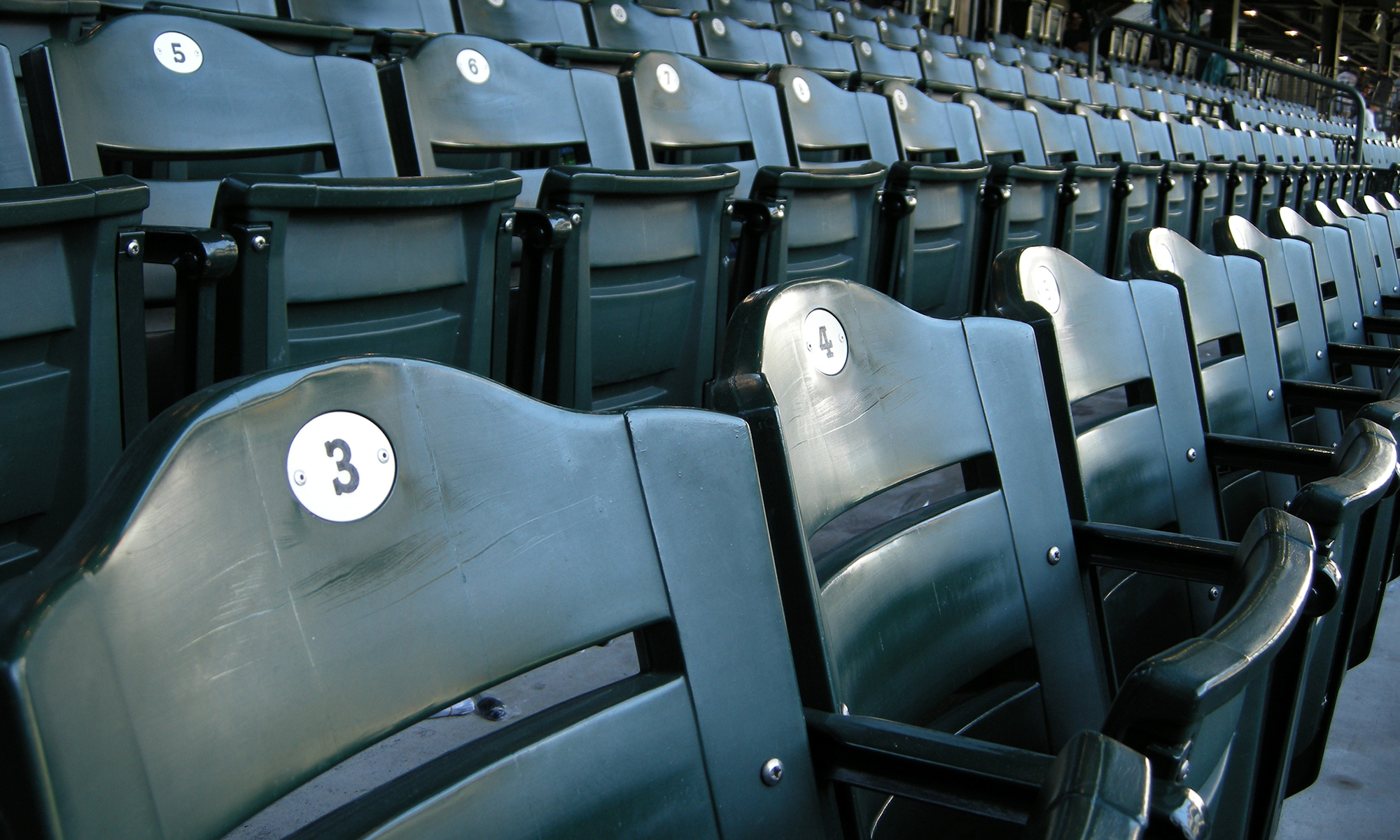As we’ve previously written, in 2021, the NCAA suspended its enforcement of some of its rules prohibiting student-athletes from receiving compensation in exchange for the use of their names, images, and likenesses, but certain restrictions remain. For example, payments to student-athletes cannot be contingent upon their on-field performance or their enrollment at a particular school (though state laws may preempt the NCAA’s rules).
At the time the NCAA partially suspended its NIL rules, three former student-athletes already had a lawsuit pending in the U.S. District Court for the Northern District of California against all of the NCAA’s NIL rules–including those prohibitions against direct payments by universities to athletes and compensating student-athletes based on their performance or enrollment at a particular school. Those plaintiffs–Grant House, Sedona Prince, and Tymir Oliver–want to recover, for themselves, antitrust damages for the amounts they claim they would have been paid absent the NCAA’s NIL rules, plus an injunction deeming the NCAA’s NIL rules unlawful. But the plaintiffs also want to represent sizeable classes of other student-athletes (and former student athletes) to try to secure likely hundreds of millions of dollars on their behalves. The proposed classes include: men’s football and basketball players who played for a Division I Power Five team (Notre Dame included) on or after June 15, 2016; women’s Power Five basketball players from the same time period; and any other Power Five student athletes (not including football/basketball players) from the same time period.
Last Friday, the plaintiffs filed a motion for class certification–a formal request to the court to “certify” that student-athletes can have their claims decided as a class, as opposed to having them adjudicated individually. Motions for class certification are major milestones in class action litigation. If the plaintiffs persuade the court to “certify” the class, then the NCAA and their co-defendants could be held liable to pay damages to thousands of current and former student-athletes. But if the plaintiffs fail to convince the court that their claims are similar enough and can feasibly be decided on a class-wide basis, then they could only pursue their own individual claims (and the associated damages, if any), greatly reducing the value of their lawsuit. Motions for class certification–and class action litigation generally–can be extremely complex, and having experienced legal counsel is an absolute necessity.
